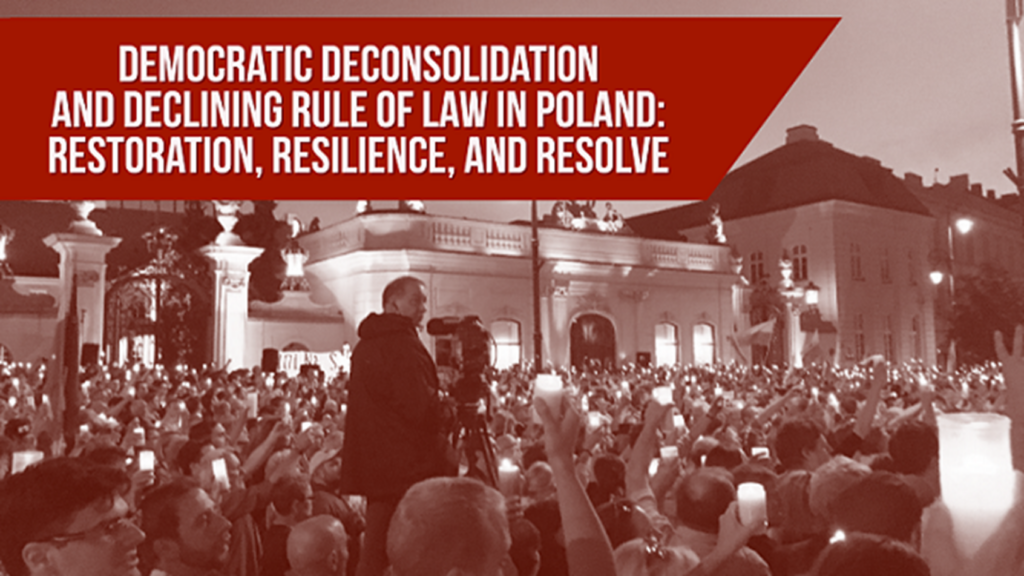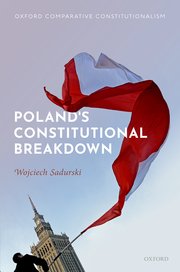 A proposed commission to investigate Russian influence on Polish politics is the culmination of democratic backsliding that has been under way for years, says a leading analyst.
A proposed commission to investigate Russian influence on Polish politics is the culmination of democratic backsliding that has been under way for years, says a leading analyst.
Poland may be poised to turn into a Potemkin democracy, an empty simulacrum of genuine self-government. And that once again reveals the alarming brittleness of democracy, with even the most vaunted democratic success stories deeply vulnerable to authoritarian capture, argues Yascha Mounk.
 Although Poland has continued to grow richer and more influential, its political development was upended when Law and Justice swept into power in 2015. Under the guidance of Jarosław Kaczyński, the populist party immediately set out to undermine the rule of law, he writes for The Atlantic:
Although Poland has continued to grow richer and more influential, its political development was upended when Law and Justice swept into power in 2015. Under the guidance of Jarosław Kaczyński, the populist party immediately set out to undermine the rule of law, he writes for The Atlantic:
Kaczyński placed loyalists on the constitutional court by legally dubious means and gave political appointees power over the judicial process. His party turned the state broadcaster into a tool of government propaganda, used public funds to purchase privately owned regional newspapers, and tried to force the owners of independent radio and television stations to sell their rightful possessions.
If the new body bars [former Prime Minister Donald] Tusk from running in the fall elections, this highly influential EU member state will no longer be a genuine democracy, adds Mounk, a contributor to the Journal of Democracy. That would drag the whole bloc into a crisis of legitimacy. RTWT







